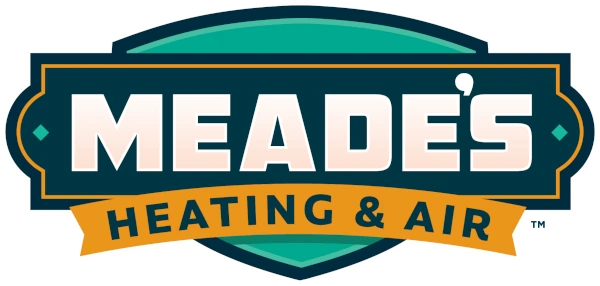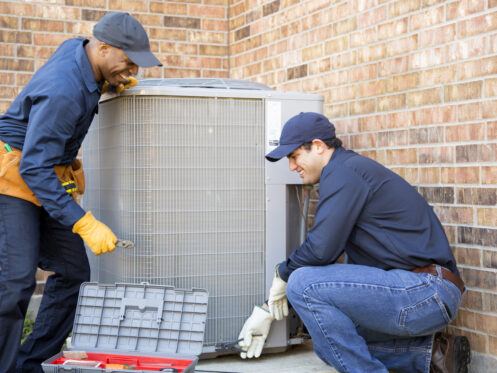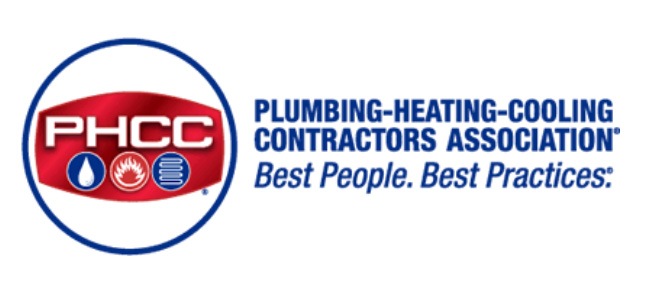If you’re like most homeowners, you have a cooling system that keeps you and your family comfortable throughout the hot summer months. Taking proper care of your central air conditioner is a must to ensure that it’s operating as efficiently as possible. However, getting a new air filter isn’t always convenient and can have you wondering how bad it would be to run your system without one.
What Does a HVAC Air Filter Do?
An HVAC air filter is specifically designed to clean your indoor air and prevent dust and other harmful debris from entering the internal components of your cooling system. You’ll find your filter housing between the end of the return ducting and the indoor air handler unit. This positioning is so that debris is caught before airborne particles reach the components of your cooling system.
An air filter will collect a plethora of unwanted airborne particles. Some of the most common include dust, dirt, pet dander, pollen, and even hair. The filtering capability of your filter will highly depend on its MERV rating. Filters with a high MERV rating are capable of removing more airborne contaminants than filters with a low MERV rating.
Running Your System Without a Filter
It’s not uncommon for a homeowner to forget to grab an extra cooling system filter. When you notice that your filter is dirty and your central air conditioning is not producing an adequate amount of cool air, you may think that you can get away with simply pulling out the dirty filter and running your system without a new one.
While your cooling system will continue to run, this can create several problems for your system. Every moment you run your air conditioning system without an air filter, unwanted harmful airborne particles enter your equipment’s internal components. This scenario can cause premature wear and tear and, in some cases, permanent damage to your cooling system’s internal components.
It’s never a good practice to run your air conditioning without an air filter. Do yourself a favor and never run any of your HVAC systems without an air filter; it could turn into a costly decision.
Knowing Where to Find Your Filter Model Number
It’s a good rule of thumb to have at least one extra fresh filter for your HVAC system on hand. This way, you can easily change out a dirty filter without having to wait until you go to the store to get a new one. Finding your filter size is relatively easy to do if you know where to look.
The best place to locate the filter model size is to look at the existing filter in your HVAC system. Simply pop the filter out and look at the tag on the side of it. There should be a set of three different numbers. For example, it may say 10x15x1.
If there aren’t any markings on the air filter or filter housing, then you’ll need to grab your tape measure. You want to measure both sides of the filter as well as its depth. Always round up to the nearest whole number when taking filter measurements. When you go to buy a new air filter, you’ll look for the smallest side measure, the longest side measurement, and the depth measurement.
For example, let’s say that your filter has measurements of 15″, 10″, and 1″. The filter size you’ll want to look for will be 10x15x1. The shortest side is 10 inches long. The longest side is 15 inches long, and the depth is 1 inch thick. It’s important to realize that there are different filter types that you can buy for your air conditioner, but they will all fit if you get the dimensions correct.
Air Filter Types
Generally, there are four main types of filters that you can use for your HVAC system. These include fiberglass, pleated, HEPA, and washable. Fiberglass filters tend to have the lowest filtering capability and are the least expensive to purchase. Due to their design, pleated filters have a higher filtering capability than fiberglass filters and come at a higher price point. They capture more contaminants than cheap ones because manufacturers craft them from polyester or cotton paper instead of fiberglass. Many homeowners opt for pleated filters as they provide a great combination of filtering capability and affordability.
HEPA filters are less commonly used by homeowners with residential cooling systems. They are expensive to purchase and can hinder the overall performance of your system if it isn’t designed to handle them. It’s always best to check with your HVAC professional before using a HEPA air filter. And lastly, the other option is washable filters. Just as its name suggests, this filter is meant to be washable, so you don’t have to buy new filters.
All HVAC system air filters are given a rating on the MERV scale. MERV stands for minimum efficiency reporting value. These values typically range from a low of one all the way up to a high of 20. Fiberglass filters range from one to five, whereas pleated filters usually range from five to 10.
How Often You Should Replace Your Air Filter
A general rule of thumb is that most households need to replace their air filters every two to three months. However, this timeframe widely varies from home to home, depending on a number of different factors. For example, households with multiple dogs and people are going to need filter changes more often than households with single persons and no pets. You may also have to change your filter more frequently when your cooling system is running a lot during the hottest months of summer.
One of the best things you can do as a homeowner to protect the integrity of your cooling system is to check its air filter at least once a month. Physically pull the air filter out of its housing and hold it up to a light source. If you can’t see through the filter anymore, it’s time to replace it with a new one. If you can still see throughout it, put the filter back and check again next month.
Professional Maintenance Service
Apart from making sure that your air filter is changed on a regular basis, you should also ensure that you schedule professional maintenance for your cooling system. It’s recommended to have your system serviced in the early spring months. This will provide you with enough time to fix any issues with your system before you need to be using it every day to stay comfortable.
During this professional service, your HVAC technician will change your air filter. They’ll also lubricate moving parts, clean your system’s internal components, check all its electrical connections, recharge your refrigerant level, and much more. Professional maintenance will ensure that your system enjoys a long lifespan and operates at its peak efficiency level, saving you money on utility bills.
Call the Pros Today
Meade’s Heating and Air is more than happy to provide professional air conditioning maintenance services for Sterling, VA residents. We can also help with all of your cooling, heating, water heater, heat pump, air duct sealing, indoor air quality, and gas line needs. Contact us today to schedule your next maintenance service.




